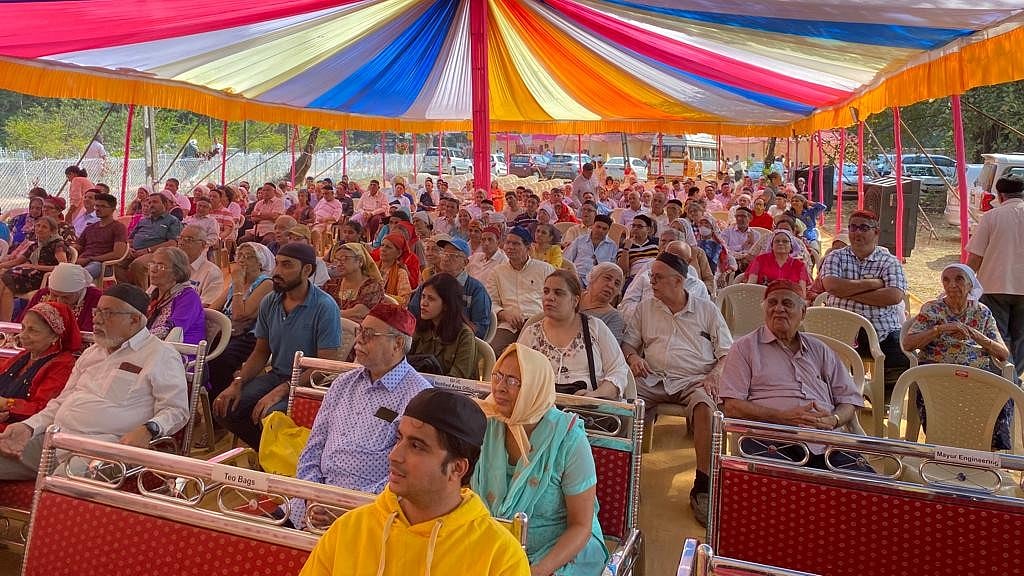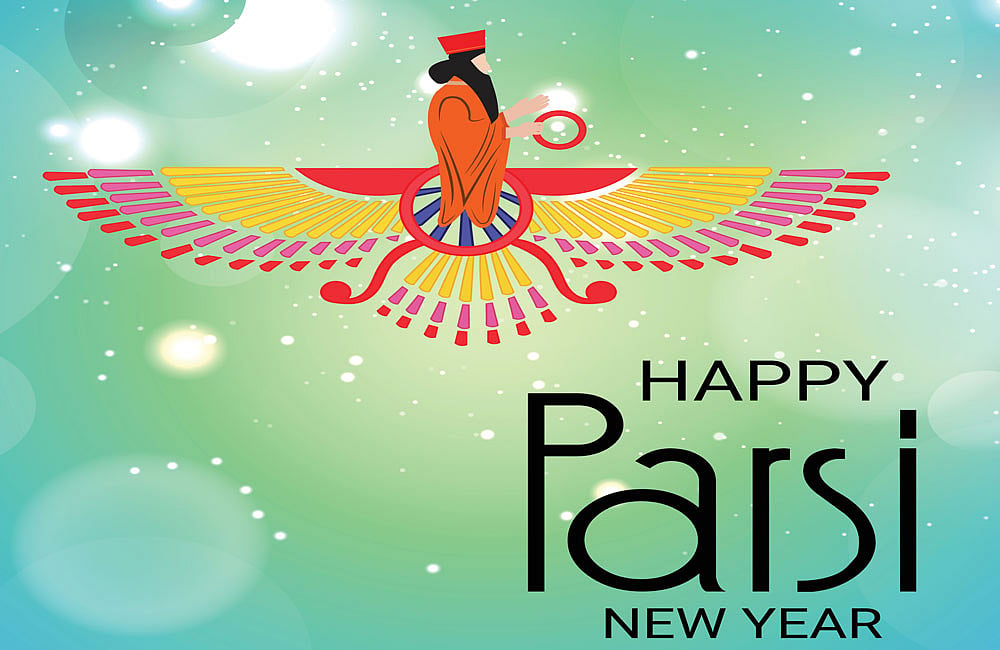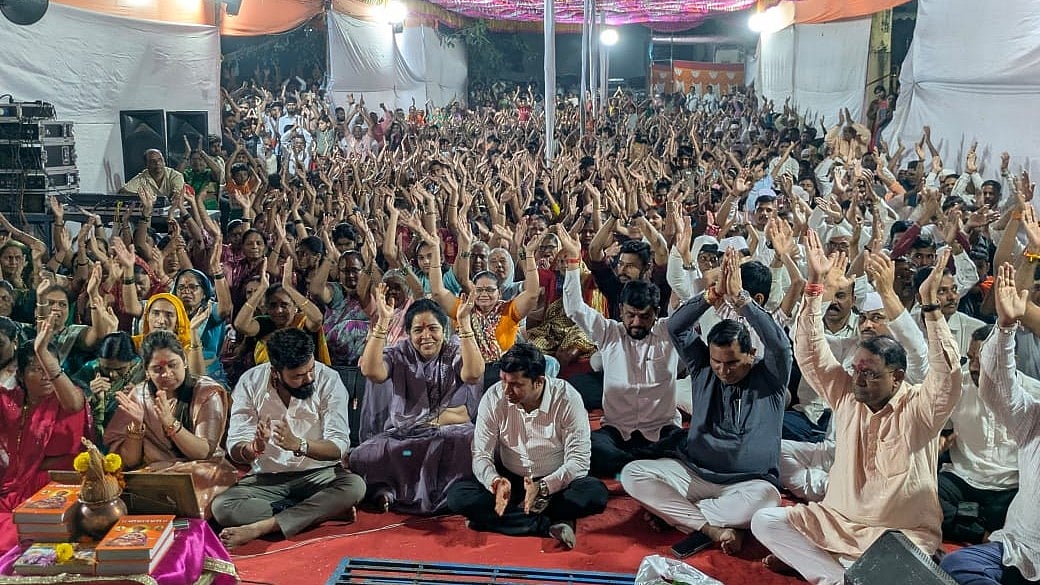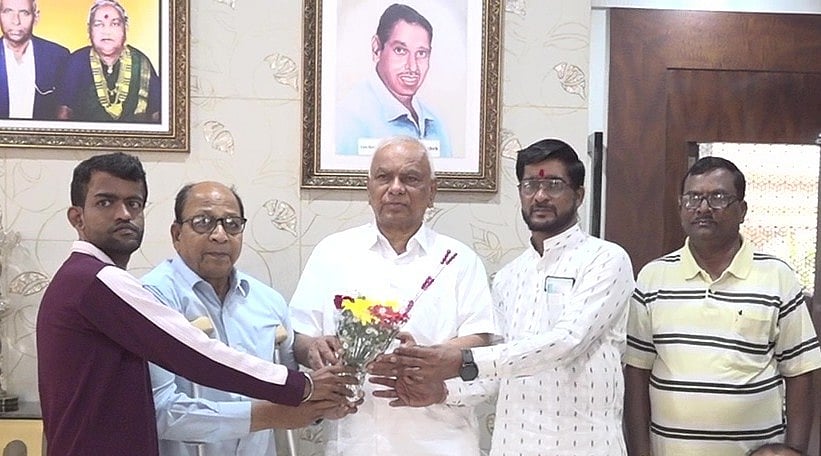Mumbai: Like most Parsis when Hanoz Mistry heads to Fire Temple today, he will not only perform regular prayers but also some personal prayers too. Mistry said he will recite Patet Pashemani (prayer for repentance) that is recited during Pateti, which some may also recite throughout the year.
“On this day I make it a point to recite. The day marks the end of the 10-day period during which we pray for the departed souls and repent for what we have done,” said Mistry.

Pateti marks the last day before Navroz
Pateti marks the last day of the year Parsi calendar before Navroz, the Parsi New Year. “Pateti comes from the Iranian word Patet, which means repentance. On the last day of the year, one apologises for all the mistakes he/she has committed, knowingly or unknowingly. You say sorry to God and to nature. Some even perform Patet Pashemani if one can recite it. It is a long prayer with difficult words in Parzon language, though available in Gujarati and English scripts,” informed Ervad Dr Ramiyar Karanjia, a Parsi scholar.
Though forgiveness is sought, devout Parsis like Mistry said they also promise to accept a reaction from God for all the wrongs committed. “One has to accept the reaction and we promise not to repeat the wrong again,” said Mistry.
Many, said Karajia, mistake Pateti for a celebration. “Many wish Pateti Mubarak but it is not something to wish. The celebrations actually happen on Navroz, which is Parsi New Year celebrated mainly by the Shahenshai Parsis. This year is the 1393 Yezdezardi New Year as per the Shahenshahi Calendar,” said Karanjia.
Parsi New Year
Parsi New Year falling on Thursday is largely celebrated by Shahenshahis Parsis who form 70% of the community; the rest are Kadimis and Faslis. Named after their Shahenshahi calendar, this sect of Parsis came to India over 1,300 years ago unlike the Irani Zoroastrians who landed a few centuries ago. When a new king sat on the throne in Iran, the calendar started from him. Hence, the name Shahenshahi Calendar. The last Zoroastrian king was Yezdezard / Yezdegard Shehriar III. The calendar is also known by his name. He sat on the throne on this day hence it’s celebrated as New Year. Kadimis who follow different calendars celebrate their New Year a month ago. The one falling in March is identified with Faslis and is celebrated by all.








